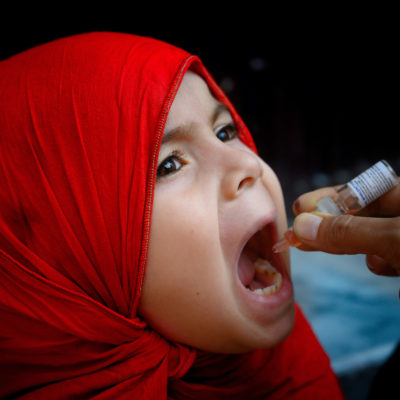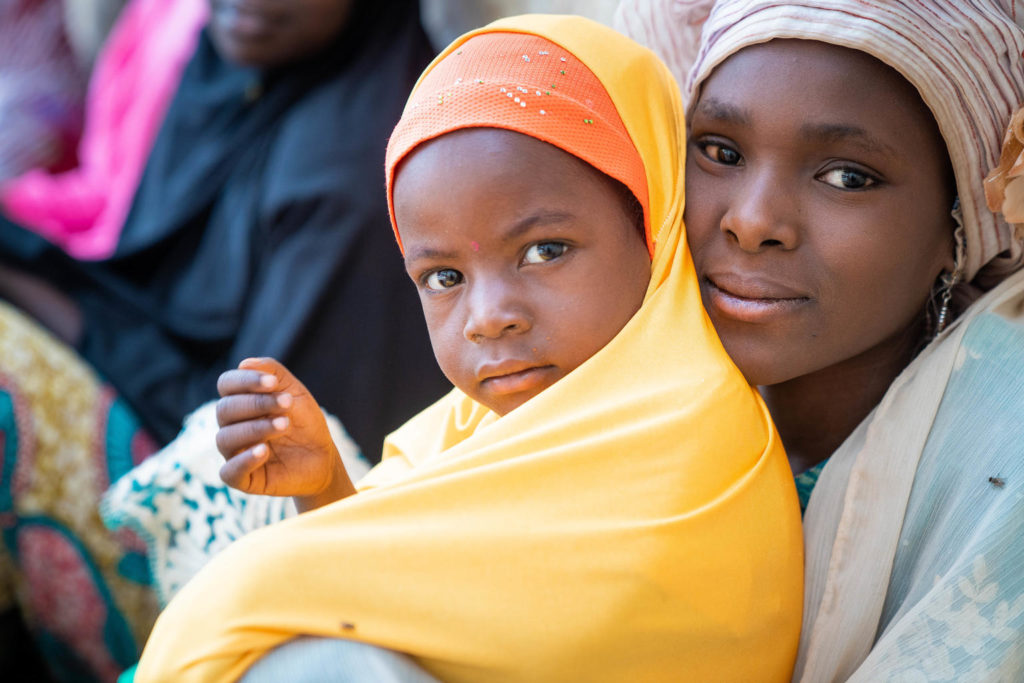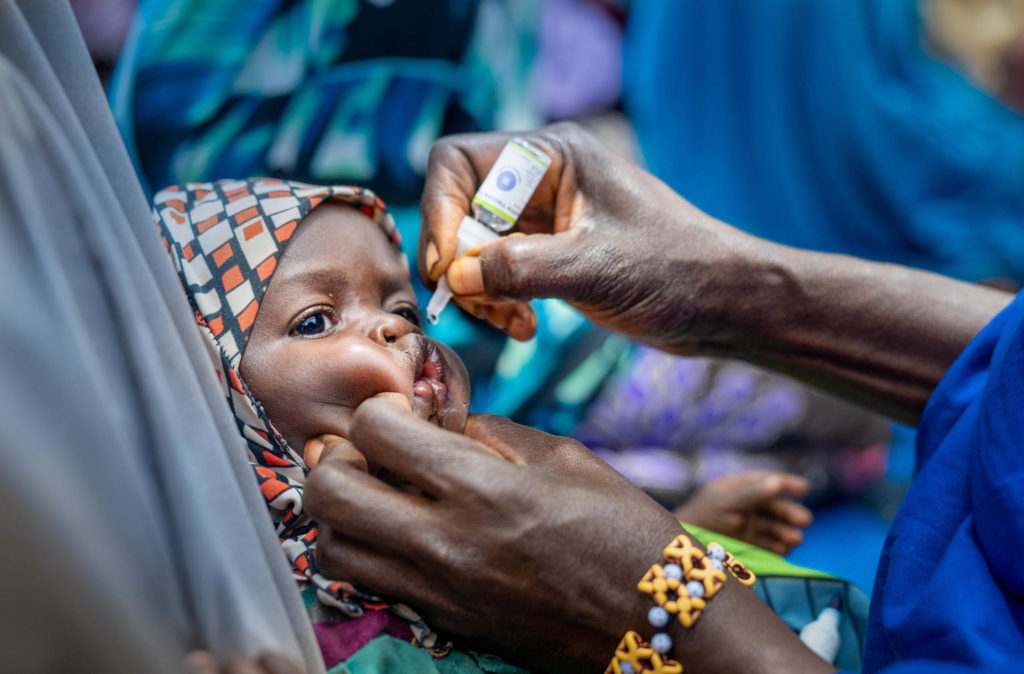5 Reasons to Support Vaccines in 2020
The COVID-19 pandemic has illuminated the immediate need for stronger funding in global immunization programs.

Here are 5 reasons to give to a vaccine advocacy campaign:
1. Vaccines are one of the most effective interventions to better a child’s health.
As one of the safest and most effective interventions, vaccines protect children from life-threatening and debilitating diseases. Each year, vaccines prevent about 2 to 3 million deaths, but 1.5 million more lives could be saved with increased vaccine coverage. Just 30 years ago, polio paralyzed over 1,000 kids each day. Thanks to the polio vaccine, cases have dropped by 99.9% and the world is now nearly polio-free. Vaccines work to ensure children have a fairer and healthier shot at life, but every child must be reached.
2. Vaccines are one of the best returns on investment.
Your donation goes a long way for millions of children worldwide: for just $25, you can protect one child against measles, polio, diarrheal disease, and pneumonia for life. Immunization has a higher return on investment than many other interventions. The measles and rubella vaccine and polio vaccine cost less than $2 per child. Immunizations are projected to yield a net return about 16 times greater than costs over the decade.
3. Vaccines help ensure long-term economic prosperity.
Giving vaccines to children around the world is the right thing to do morally and the smart thing to do economically – for the U.S. and the global economy. Vaccines prevent disease and disabilities that can last a lifetime, saving millions of dollars on potential healthcare spending and within the health system. Vaccines can also save lost wages and reduce productivity loss due to illness and death. On average, every $1 invested in immunization produces $44 in savings in healthcare costs, lost wages, and productivity due to illness.
4. Now is the time to be a vaccine advocate.
The COVID-19 pandemic has forced the disruption of routine immunization services, jeopardizing decades of vaccine progress. Even before the pandemic, childhood vaccination rates were low and vaccine-preventable diseases, such as measles, were on the rise. Today, 146 million children are now at risk of missing the measles vaccine due to disrupted immunization campaigns, and millions more have missed out on routine immunizations. Amidst the global pandemic, we’ve seen vaccine coverage rates drop to levels last seen in the 1990s. It’s vital that we work to build back stronger and ensure children are caught up on missed immunizations.
5. Vaccines protect entire communities and future generations.
Immunizations protect future generations from potential outbreaks and strengthen global health security in an increasingly connected world. Vaccinations help protect others around you, including friends, family members, and colleagues. We all have a responsibility to commit to public health and to protect each other and our communities.
In 2019, about 14 million infants did not receive any vaccines and in 2020, millions more were left behind because of COVID-19. Your gift to Shot@Life makes a difference in the health and wellness of a child in need. During this holiday season, you can give where it’s most needed.


